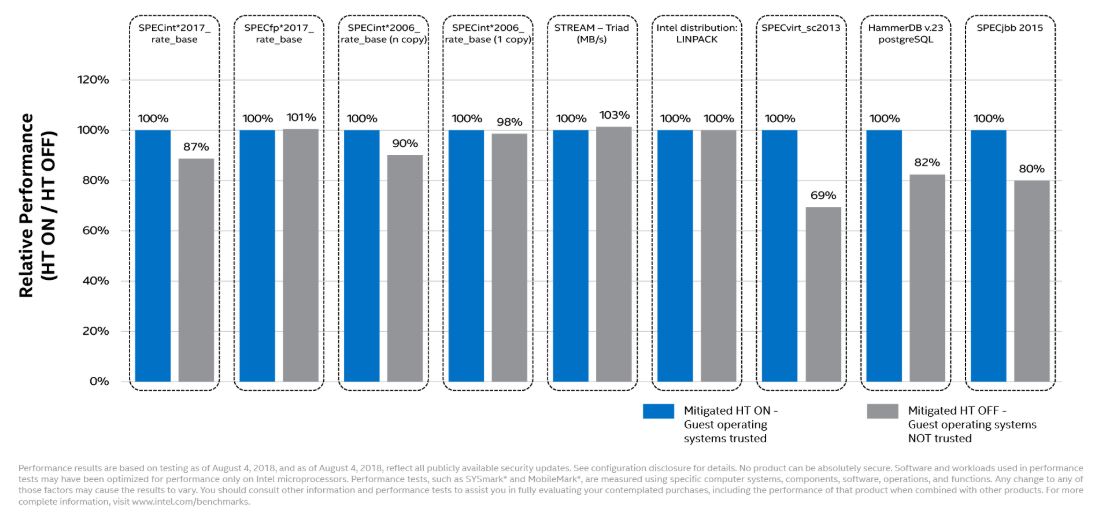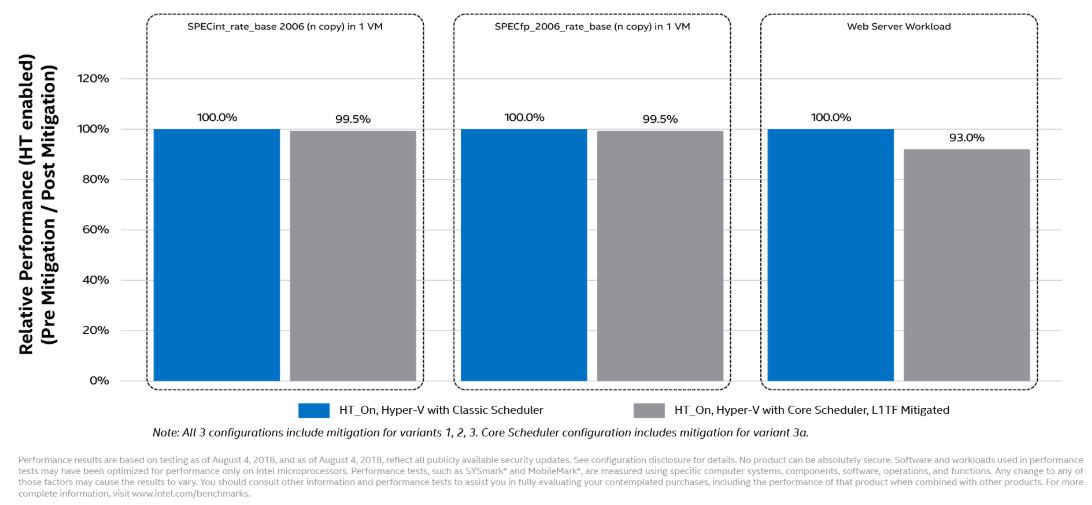- Joined
- Mar 6, 2012
- Messages
- 573 (0.12/day)
| Processor | i5 4670K - @ 4.8GHZ core |
|---|---|
| Motherboard | MSI Z87 G43 |
| Cooling | Thermalright Ultra-120 *(Modded to fit on this motherboard) |
| Memory | 16GB 2400MHZ |
| Video Card(s) | HD7970 GHZ edition Sapphire |
| Storage | Samsung 120GB 850 EVO & 4X 2TB HDD (Seagate) |
| Display(s) | 42" Panasonice LED TV @120Hz |
| Case | Corsair 200R |
| Audio Device(s) | Xfi Xtreme Music with Hyper X Core |
| Power Supply | Cooler Master 700 Watts |
I would love to see TPU publish comparison results. - TPU please check if this legally doable and can you make it happen ?











 They are benching VM performance without the microcode vs with for pete sake.
They are benching VM performance without the microcode vs with for pete sake.


